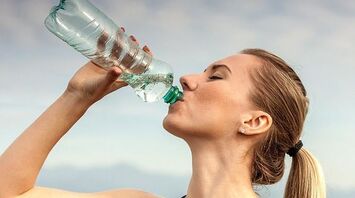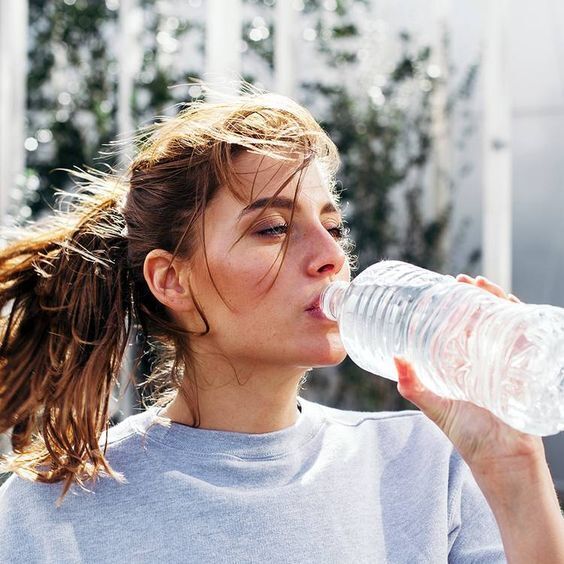Dehydration: why it is dangerous and what to do about it

The world is currently experiencing global warming: the sun is getting hotter, and summer temperatures are becoming abnormally high. This creates a lot of problems and also poses a danger to the health of travelers.
What are the symptoms of dehydration, what are the dangers, and how to protect yourself - The Huffington Post tells us.
What is the daily water intake?
Today, experts advise drinking up to three liters of water during the day. It is best to divide it into small portions rather than drink it all at once. The main thing is to drink as needed, slowly and in a sitting position.
Excessive water intake in a short period of time can lead to water intoxication or overhydration, when the normal balance of electrolytes in your body is higher than normal. This disrupts your brain functions and, in rare cases, can be fatal.

Symptoms of dehydration:
Among the signs of dehydration, doctors distinguish:
- Headache
- Strong feeling of thirst
- Dark yellow urine with a pungent odor
- Dizziness

- Fatigue
- Dryness in the mouth, lips, and eyes
- Decreased sweating
- Urinating less than four times a day
How to reduce the risk of dehydration: expert advice
- Drink enough water when you feel thirsty
- If you find it difficult to drink because of illness, nausea, or other unpleasant symptoms, drink in small sips, gradually increasing the amount
- Use a spoon when giving water to a child; it will make it easier for them to swallow
- Drink enough water throughout the day to make your urine slightly yellow
- If you have vomiting, diarrhea, and excessive sweating, do not forget to drink water. With these symptoms, there is an increased risk of dehydration.

How to maintain normal water levels in the body: three simple tricks
- Buy a reusable water bottle that you can carry with you.
- Install an app on your phone that will remind you when to drink water; you can add honey, fruit, or mint to make it more delicious.
- Drink water with electrolytes to avoid an electrolyte imbalance in the body.



















